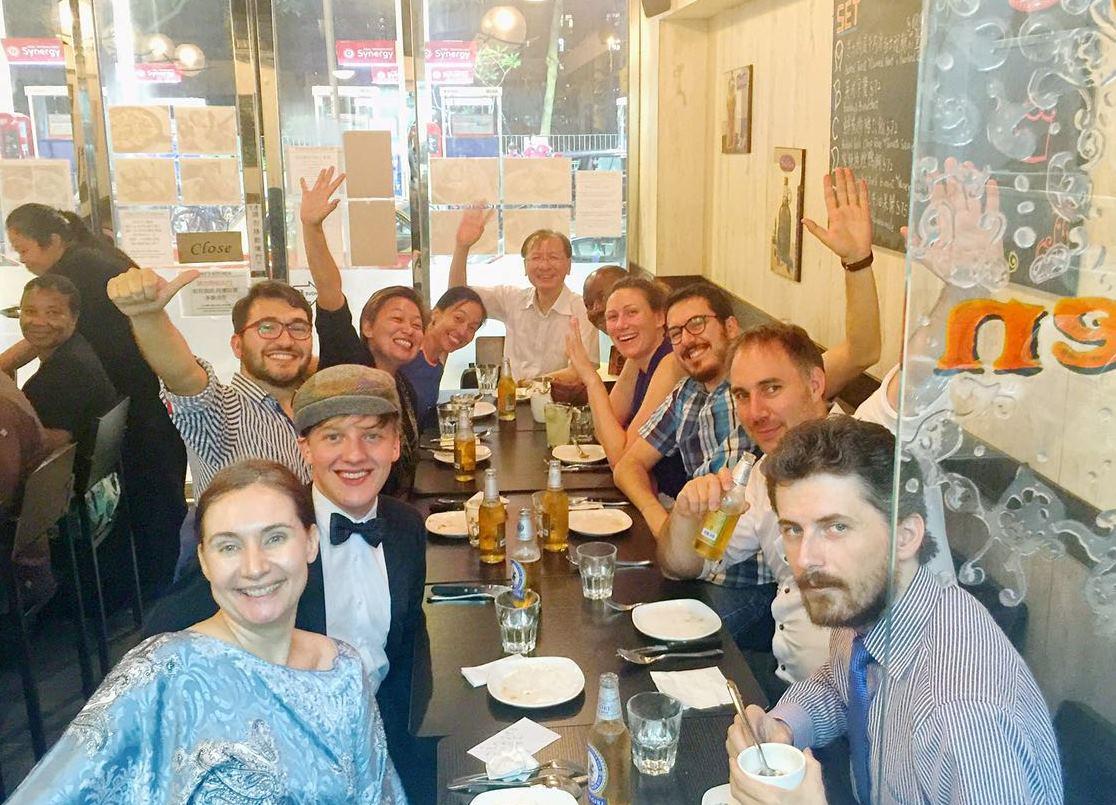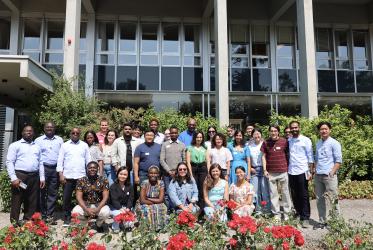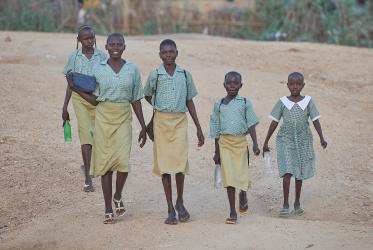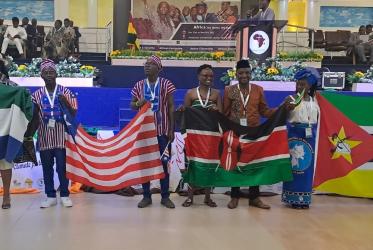The economy is what the bankers do. Or all these business people. It’s about profit, efficiency, rationality, and all these things they invent at the stock market that no normal person would understand.
That’s what one could easily think when reading the economy section in newspapers or listening to economists.
It is no wonder then, when we feel that there is no answer for many economic questions. Tax havens, inequality, unemployment, growth. We better leave that to economists.
We better not. Because the economy is what we, as a society, make out of it. It is the result of our daily actions. When we buy butter or take the train to work.
All these tiny actions by every one of us add up to what we call the economy in the end. Some move more money around, some less. But that doesn’t justify that we treat economic policies as merely bureaucratic acts of maximizing growth.
They affect all of us. And they’re mainly about who gets what. So they need to be political and these policies need to be discussed in public, if want society to function democratically.
Moreover, that also means that there is nothing like economic laws, because as soon as we collectively decide or by chance happen to do things differently, then the results will be different. That means that any economic policy that takes numbers, statistics, and effects from the past and believes that they will be the same in the future is doomed to fail.
Societies change. Public opinions change. Political circumstances change. Tastes change. Norms and values change. And all these changes have effects on the economy and the results of economic policies. Societies are complex and dynamic.
Complex societies can’t be understood from only one analytical point of view and because – remember – there are no economic laws, we will only get to theories and ideas that are plausible (not true) for a limited time in a limited space. Hence, they should better be understood as lenses through which we look at the world.
As an example, I may well take the cold lenses of economists and assume that humans are egoistic and rational. That may in some situations be a plausible perspective. Nevertheless, that is a very specific anthropology, a way of viewing human beings. And so I can also take the lenses of ethics and theology to analyse economic behaviour. Maybe their anthropology contributes more to a proper understanding of our every-day economic actions.
I can, like economists, postulate that economic growth is what society should aim for and what good economic policies should lead to. But I can also argue that economic growth doesn’t equal happiness and doesn’t tell us whether wealth and well-being is equally distributed.
And I can, hence, take the lenses of the poor to ask whether an economic policy benefits their well-being. That would mean that the ultimate goal of economic policies should be to uplift the well-being of the poor. That is as plausible as aiming for economic growth.
But I could also look at the economy from an ecological perspective and would maybe come to the conclusion that our economy has grown far too much for our earth to cope with humanity.
One might sense already, that this would mean a fundamental change in how we think economics. It’s not about efficiency and profit anymore. It’s about life.
This message can be liberating. The economy is entirely up to us. It’s what we do. And it can be what we want it to be. Then we only need to discuss what we want our economy to look like.
Ethics and theology are therefore at least as important for economics as rationality, profit, and efficiency are. Churches must have their say. Christians have something to contribute to economic issues because, not in spite, of their beliefs.
And therefore we want to spread a message throughout the world from our ecumenical school on governance, economics and management in Hong Kong: You are the economy. And you can change it.
We gathered in Hong Kong to rethink economics, and to thereby start rebuilding our economic system. This is what we came together for from all over the world – theologians, economists, activists. Church leaders, professors, and students. From Africa and Asia, from the Middle East and Europe, from Latin and from North America. Fifteen students and more than ten teachers in total.
We started our ten days of studying by learning how economics is commonly thought, where this thinking has its strengths and where its fundamental weaknesses.
We then approached the economy from other theoretical perspectives such as feminist economics, ecological economics, cultural economics, and the ethics of economics. We realized that these approaches are far closer to a Christian anthropology than traditional economics, as they respect human dignity. Thereby, they have the capacity to treat humans as created in the image of God.
We then took our time to think how we could contribute to this shift in economic thinking. We built groups of two to four people and spent two days to develop a project: a study guide that approaches economic questions from a theological point of view, an indicator of human dignity that could become an alternative to the GDP or a programme to start changing the curricula of Christian universities around the world. The World Council of Churches clearly has the opportunity and the mandate to help change our world economy.
But thankfully, the churches are not alone in this attempt to change economics. In 2014, students from over 30 countries published an open letter to demand pluralism in their economics education, one of them was me.
With pluralism we as a movement mean that the approach of cold rationality, profit, and efficiency should not be the only one taught in economics. We therefore need ethics in economics.
And this is what we deal with, for example, in the Global Ethic Institute in Tübingen where I work as research assistant. How can we reframe economic ethics, as one of our publications asks? How can we get from the un-ethics of rationality and profit to economic ethics of, by, and for humanity?
Theology brings valuable perspectives to this pluralism of economic approaches. If correctly understood, theology and economics do not contradict each other. They can be an inspiration for each other.







